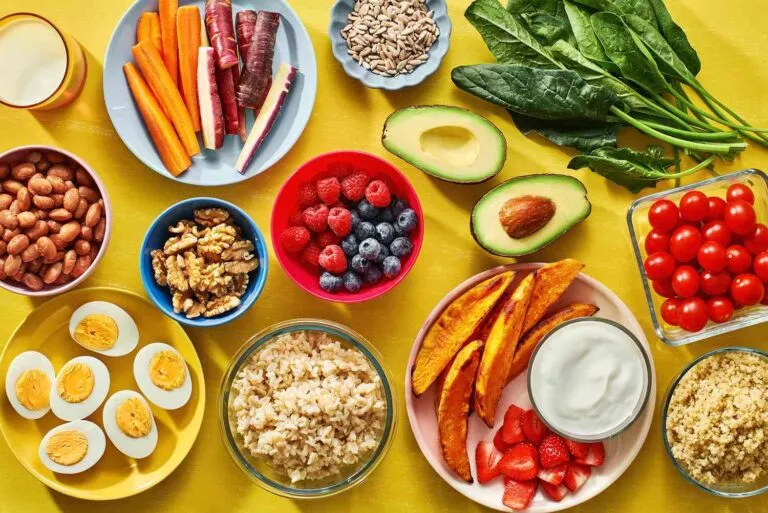Food cravings are an intense desire for a specific type of food. These cravings can be difficult to resist and can interfere with efforts to maintain a healthy diet. While some cravings may be harmless, others may be indicative of underlying health issues. In this guide, we will explore the causes of food cravings and provide tips for eliminating them.
SIX REASONS WHY PEOPLE CRAVE FOOD
1. Nutrient deficiencies: Cravings for certain foods may be a sign that your body is lacking certain nutrients. For example, cravings for chocolate may indicate a magnesium deficiency, while cravings for red meat may indicate an iron deficiency.
2. Hormonal changes: Hormonal changes, such as those that occur during menstruation, pregnancy, or menopause, can cause cravings for specific types of food.
3. Emotional eating: Stress, anxiety, and other emotions can trigger cravings for comfort foods such as ice cream or pizza.

4. Dehydration: Dehydration can cause cravings for salty foods, as the body is seeking to restore electrolyte balance.
5. Food addiction: Certain foods, such as those high in sugar or fat, can trigger addictive responses in the brain, leading to cravings.
6. Sleep deprivation: Lack of sleep can disrupt hormonal balance and increase cravings for high-calorie, high-carbohydrate foods.
HOW CAN YOU GET RID OF CRAVINGS?
- Stay hydrated: Drinking plenty of water can help to reduce cravings, particularly those for salty foods.
- Eat a balanced diet: Ensuring that you are consuming a balanced diet that includes a variety of nutrients can help to reduce cravings caused by nutrient deficiencies.
- Avoid trigger foods: If there are certain foods that trigger cravings, such as sugary snacks, try to avoid them as much as possible.
- Get enough sleep: Getting adequate sleep can help to regulate hormones and reduce cravings.
- Manage stress: Engaging in stress-reducing activities such as meditation, yoga, or deep breathing can help to reduce cravings triggered by emotional eating.
- Use distraction techniques: When a craving hits, try to distract yourself by engaging in an activity such as taking a walk, calling a friend, or reading a book.

PROGRESS IN WEIGHT LOSS AND NUTRITION
Food cravings can be a major obstacle to weight loss progress. Giving in to cravings for high-calorie, high-fat foods can quickly undo the progress made through diet and exercise. However, it is important to remember that occasional indulgences are a normal part of a healthy diet. Restricting oneself too severely can actually increase the likelihood of cravings and binges.
In addition to the tips listed above, there are several dietary strategies that can help to reduce cravings and support weight loss progress. These include:
- Eating a high-protein diet: Protein is a satiating nutrient that can help to reduce cravings for high-carbohydrate foods.
- Consuming fiber-rich foods: Foods that are high in fiber, such as fruits, vegetables, and whole grains, can help to reduce hunger and cravings.
- Avoiding processed foods: Processed foods are often high in sugar, salt, and fat, which can trigger cravings and interfere with weight loss progress.
- Eating regularly: Skipping meals can lead to drops in blood sugar, which can trigger cravings for high-carbohydrate foods.
- Practicing mindful eating: Paying attention to hunger and fullness cues can help to prevent overeating and reduce the likelihood of cravings.
Food cravings are a common experience that can interfere with efforts to maintain a healthy diet. By understanding the causes of cravings and implementing strategies to eliminate them, it is possible to maintain a healthy diet and support weight loss progress.
By eating a balanced diet, staying hydrated, managing stress, and practicing mindful eating, it is possible to reduce cravings and achieve optimal health. We at Specialty Care Clinics provide weight loss management programs. To fix an appointment call 469-545-9983.
